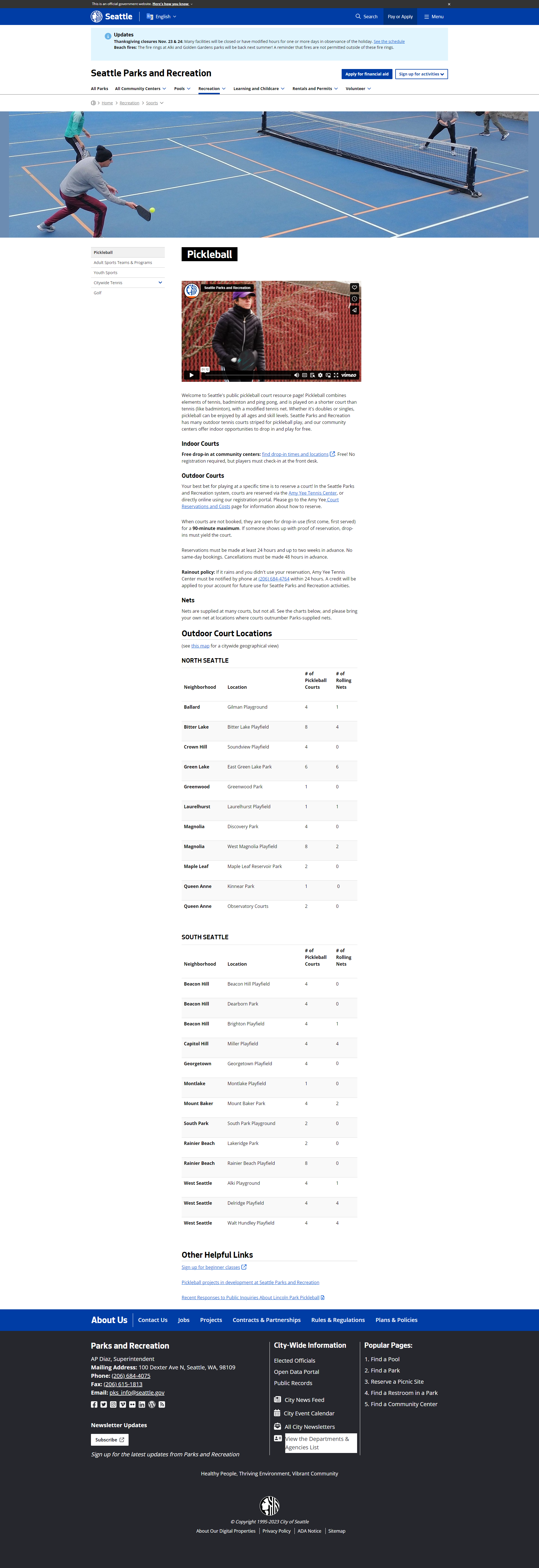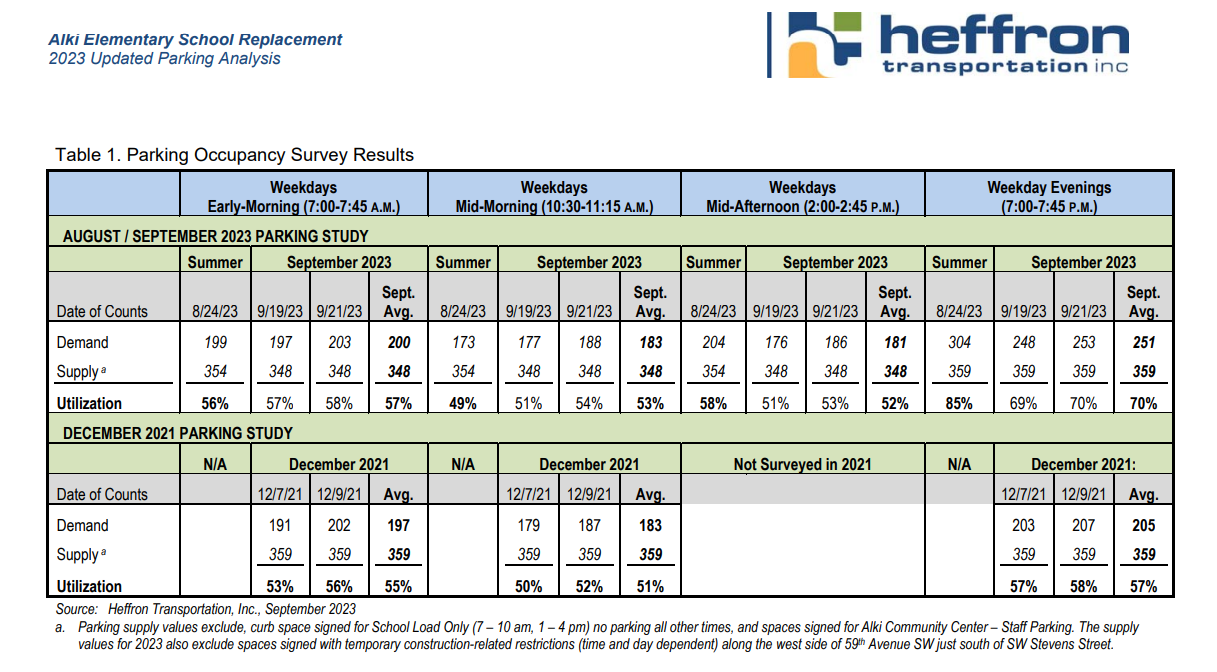The Center for Whale Research confirms today that Puget Sound’s resident orca population has dropped again, with the death of J52, nicknamed Sonic. Here’s the news release they sent this afternoon:
As of 19 September, another Southern Resident Killer Whale, J52 – a two and a half year old male born during the so-called Baby Boom of 2015/2016 – is deceased, presumably from malnutrition.
His obligatory nursing ended more than a year ago, and his life was dependent upon salmon that have become in short supply this summer.
He was last seen alive near the west entrance of the Strait of Juan de Fuca on 15 September 2017, and photographs taken at the time reveal severe “peanut-head” syndrome associated with impending death. Young J52 was accompanied by his mother (seventeen and a half year old, J36) and an adult male (twenty-six year old L85, potentially his father) at least five miles away from the other members of J and L pods that were foraging within a mile or two of the coastline from Camper Creek to Bonilla Point west of Port Renfrew, British Columbia.
The observation of this sad event was at sunset, and the young whale appeared very lethargic while barely surfacing as the two adults were swimming around in circles and not feeding while attentive to the young whale. We estimated J52 was within hours, if not minutes, of death at the time, and he was not present during the J pod foray into Puget Sound on 19 September, though his mother and L85 were. The mother did not appear overly emaciated on either occasion, but she is lean and seems distressed. Yes, these animals do exhibit emotion, and death of an offspring brings it on. It is worthy of note that all of the SRKW observed this summer appear skinny and small compared to Bigg’s Transient killer whales in the Salish Sea that have abundant prey resources (seals and other marine mammals). Timing of food availability is everything, especially in critical phases of growth or gestation.
With the passing of J52, three of the six whales born in J pod during the so-called Baby Boom, which began in December 2014 with the birth of J50, have now died; and, two mothers (J14, J28) and a great-grandmother (J2) in the pod have also died. No southern resident killer whales from any of the pods have been born alive and survived thus far in 2017 – the baby boom is over. This population cannot survive without food year-round – individuals metabolize their toxic blubber and body fats when they do not get enough to eat to sustain their bodies and their babies. Your diet doctor can advise you about that.
All indications (population number, foraging spread, days of occurrence in the Salish Sea, body condition, and live birth rate/neonate survival) are pointing toward a predator population that is prey limited and non-viable. We know that the SRKW population-sustaining prey species is Chinook salmon, but resource managers hope that they find something else to eat for survival, at least beyond their bureaucratic tenure. Our government systems steeped in short-term competing financial motives are processing these whales and the salmon on which they depend to extinction. If something isn’t done to enhance the SRKW prey availability almost immediately (it takes a few years for a Chinook salmon to mature and reproduce, and it takes about twelve years for a female SRKW to mature and reproduce), extinction of this charismatic resident population of killer whales is inevitable in the calculable future. Most PVA’s (population viability analyses) show functional extinction as a result of no viable reproduction within decades to a century with current predator/prey trajectories, but it can happen more quickly than that.
J52’s birth was announced in March 2015. The death leaves the resident orca population at 76 – 77 counting Tokitae (who remains in a Florida theme park, called Lolita).





| 26 COMMENTS